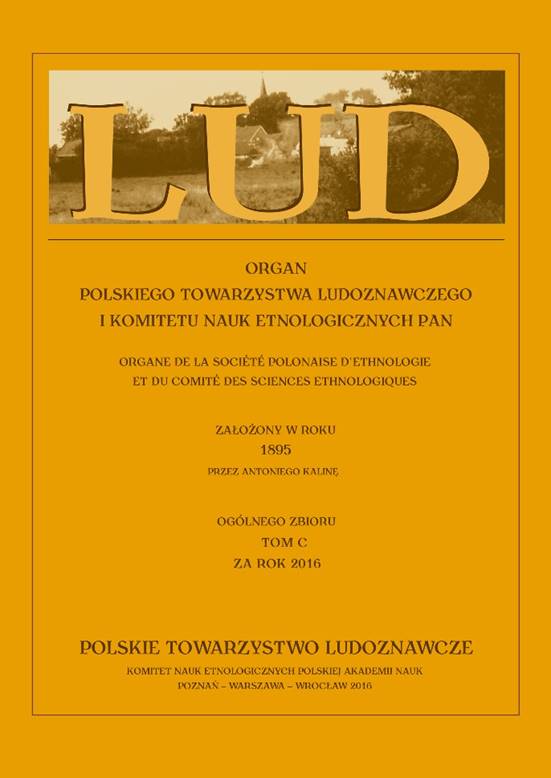THE MAKING OF RELUCTANT SOCIALISTS: CLASS, CULTURE AND THE POLISH STATE
THE MAKING OF RELUCTANT SOCIALISTS: CLASS, CULTURE AND THE POLISH STATE
Author(s): Carole NagengastSubject(s): Cultural Anthropology / Ethnology, Culture and social structure , Post-War period (1950 - 1989), Transformation Period (1990 - 2010), History of Communism, Socio-Economic Research
Published by: Polskie Towarzystwo Ludoznawcze
Keywords: Poland; socialism; class; culture;
Summary/Abstract: The 1970s were a time of intellectual ferment around “development” (largely defined as capitalist industrialization) and its possibilities in what we then called “The Third World”. Former colonies in Southeast Asia and Africa were asserting independence after both violent and peaceful departures from the rule of their colonial overlords and were seeking models of development suitable to their economic and social circumstances and consistent with their political views. At least some of the successful political movements claimed to be some version of Marxist and its leaders were aware that the simultaneous socialization of the industrial and rural sectors would be disruptive to workers and farmers alike, and was likely to cause increasing inequality and human misery. What would become of the rural majority, mostly rural farm owners, farmworkers, and peasants if their small farms were to be displaced by rural industrialization? The Soviet Union offered a mostly negative example, especially with respect to the human and material costs of rural industrialization. Newly emergent Third World nation-states were unlikely to successfully emulate western industrialization even if they wanted, as that process depended in large part on the exploitative importing of raw materials and labor power from the less-developed places in the world. By the late 1970s, the world had pretty much run out of colonies to exploit. Further, capitalist development was a process that occurred in “the West” over centuries, not decades. Poland and Yugoslavia offered (or so I thought in my naiveté) a possible alternative to both the Soviet and the western models. In those two countries, the state owned and controlled industry, but agriculture remained largely privately owned and operated. I wondered if there be lessons there for newly independent Third World states.
Journal: LUD
- Issue Year: 100/2016
- Issue No: 1
- Page Range: 61-67
- Page Count: 7
- Language: English

